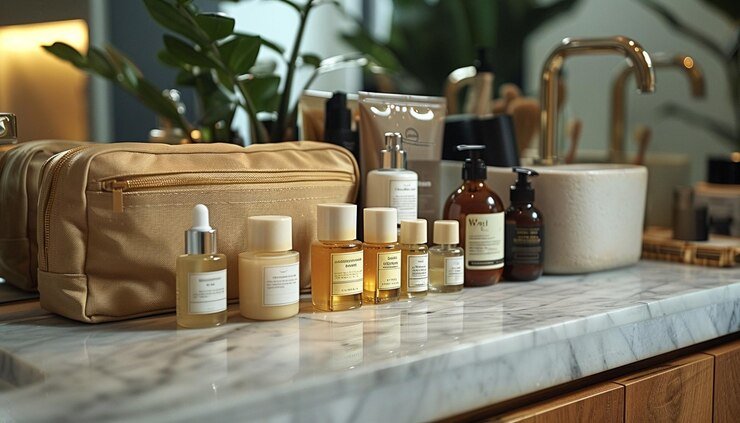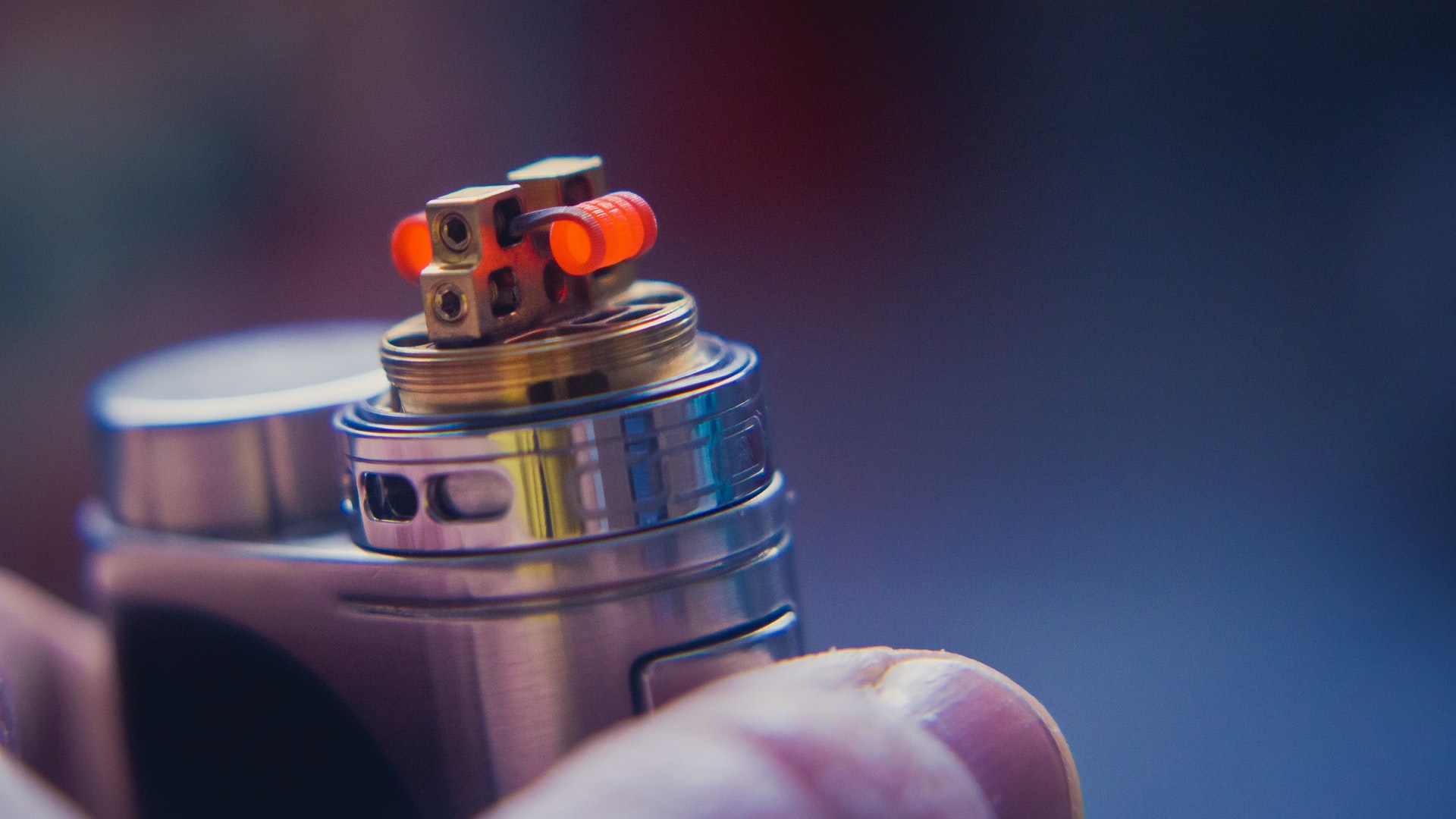In today’s crowded skincare market, private-label cosmetics manufacturers constantly seek ways to differentiate their products and capture consumer attention. Although developing effective products is essential, packaging is just as critical in ensuring the success of private-label skin care products. In this article, we’ll delve into the significance of packaging and provide valuable insights on creating packaging that drives business growth.
The Importance of Packaging
- First Impressions Matter: Packaging frequently serves as the initial interaction between a product and a potential customer. The initial touchpoint can make or break the consumer’s decision to purchase. Private label skin care cosmetics manufacturers must prioritize packaging that protects the product and communicates the brand’s values, personality, and unique selling proposition.
- Branding and Identity: Effective packaging is a powerful branding tool. It helps establish a consistent visual identity that resonates with the target audience. Private-label skin care products with distinctive packaging stand out on crowded shelves, creating an instant emotional connection with consumers. A well-designed package can convey the brand’s story, highlighting the product’s natural ingredients, cruelty-free status, or eco-friendliness.
Building Customer Trust and Loyalty
- Transparency and Honesty: Packaging can significantly influence customer trust and loyalty. Private-label skin care cosmetics manufacturers must ensure that their packaging accurately reflects the product’s quality and performance. Misleading or exaggerated claims can lead to customer disappointment and damage the brand’s reputation. Transparency and honesty in packaging are essential for building trust and fostering long-term customer relationships.
- Functionality and Convenience: Packaging should look appealing and provide functionality and convenience. Private-label skin care products with innovative packaging solutions, such as pump dispensers or travel-friendly sizes, can enhance the user experience and encourage customer loyalty. Manufacturers must consider the product’s usage and storage needs, ensuring the packaging is practical and user-friendly.
Sustainability and Regulatory Compliance
- Eco-Friendly Packaging: With the growing demand for eco-friendly products, private-label skin care cosmetics manufacturers must prioritize sustainable packaging solutions. Biodegradable materials, refill options, and minimal packaging can reduce waste and appeal to environmentally conscious consumers.
- Regulatory Requirements: Packaging must comply with regulatory requirements, such as labeling and ingredient disclosure. Private label skin care cosmetics manufacturers must ensure their packaging meets all relevant regulations to avoid costly recalls or legal issues.
Conclusion
Packaging plays a vital role in the success of private-label skin care products. Manufacturers can differentiate their products by prioritizing effective packaging, building customer trust, and driving business growth. By incorporating the key elements discussed in this article—branding, functionality, sustainability, and regulatory compliance—private-label skin care cosmetics manufacturers can create packaging that stands out in a crowded market.







